Five Qatar-made films were selected at the Arab Film Festival Rotterdam in Netherlands, as part of its Shorts 2 programme. All these films are funded by the Doha Film Institute.
The films include And Then They Burn the Sea by Majid Al Remaihi, Al Sit or Cotton Queen by Suzzanah Mirghani, Don’t Get Too Comfortable by Shaimi Al Tamimi, When Beirut Was Beirut by Alessandra El Chanti, and Emsahar by Hassan Al Jahni. The Arab Film Festival has started on June 15 and will continue until the June 19.
Filmed on an abandoned fishermen village of Northern Qatar, And Then They Burn the Sea is an ode to the filmmaker’s living mother whose memories abruptly left her during the making of the film. Cotton Queen is a story about of a 15 year old Nafisha who lives in a cotton-farming village in Sudan. She lives a simple life, picking cotton with her friends, crushing on a village boy, and learning from her grandmother Al Sit, the respected village matriarch.
Don’t Get Too Comfortable fuses archival images, found footage, parallax animation and sound design to create a multimedia letter to the director’s paternal grandfather, reflecting on the migration and resettlement of her family following his death over 50 years ago.
When Beirut Was Beirut is a poetic hybrid documentary which introduces three majestic, abandoned buildings that witnessed Beirut’s tumultuous history, coming to life through a casual conversation amongst themselves. Emasahar meanwhile is 2D animated short film that tells a story of a young girl who attempts to prevent the imminent death of her beloved grandmother by harnessing the magical powers of a local Ramadan drummer.
It can be noted that these films have received numerous awards both locally and internationally.
Arab Film Festival Rotterdam is an artistic platform dedicated to creating a safe space for open conversations about art, human rights, emancipation and political freedom. Every year, it selects high-quality and substantively relevant films for its audience, in close collaboration with makers and partners in the MENA region.
Their selected films offer a broad and specific distinction, breaks stereotypes, and gives an overview of the most important films appearing in the Arab region, from Morocco, Tunisia, Egypt, Qatar, Kuwait, Saudi Arabia, Palestine, Jordan, Syria to Iraq.


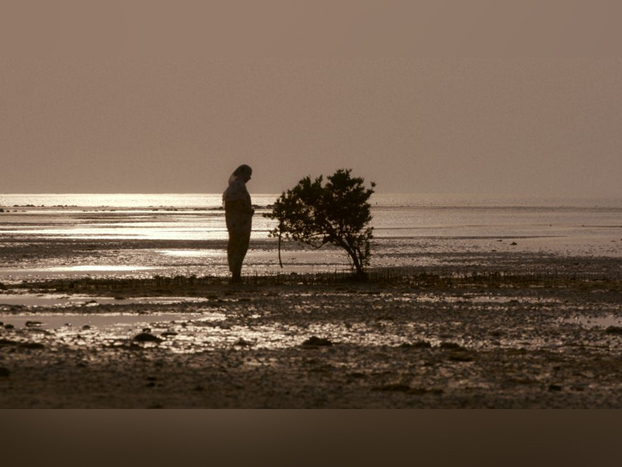
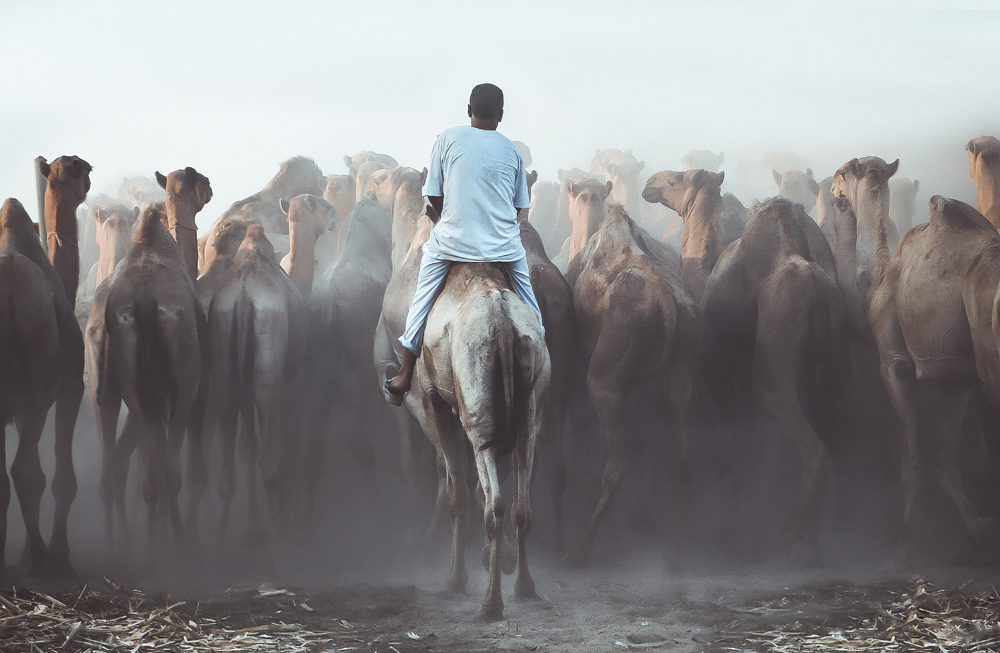
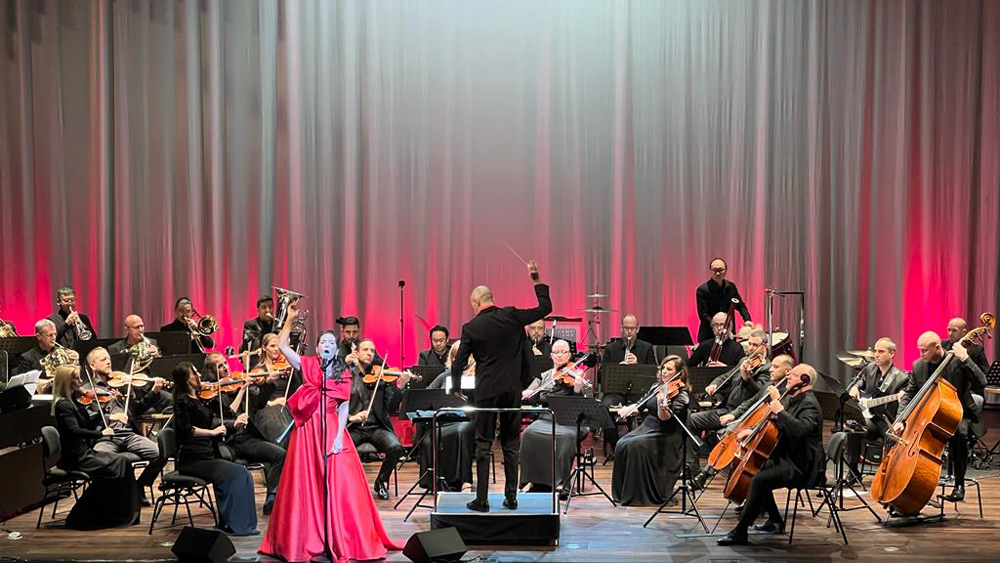

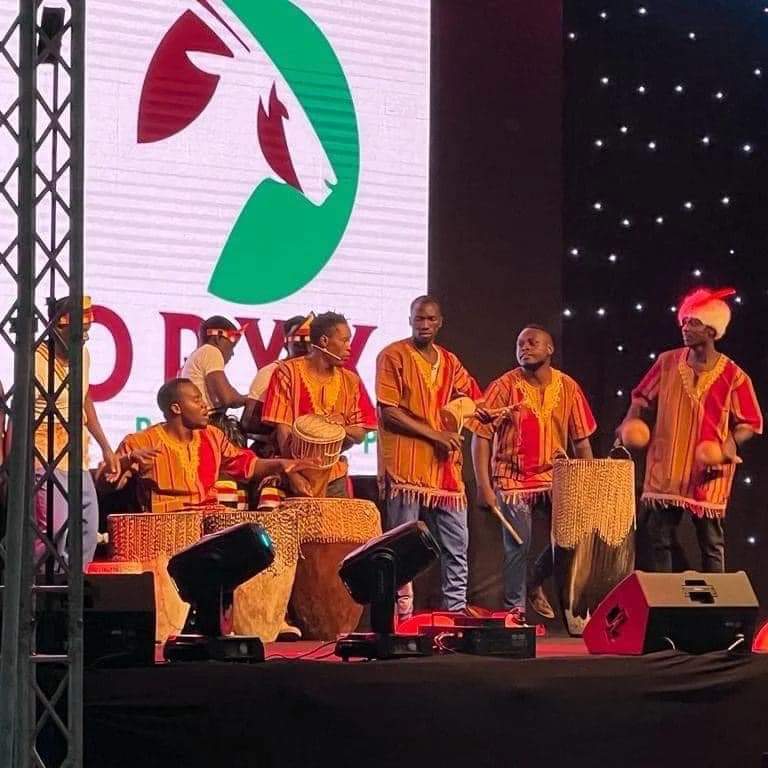
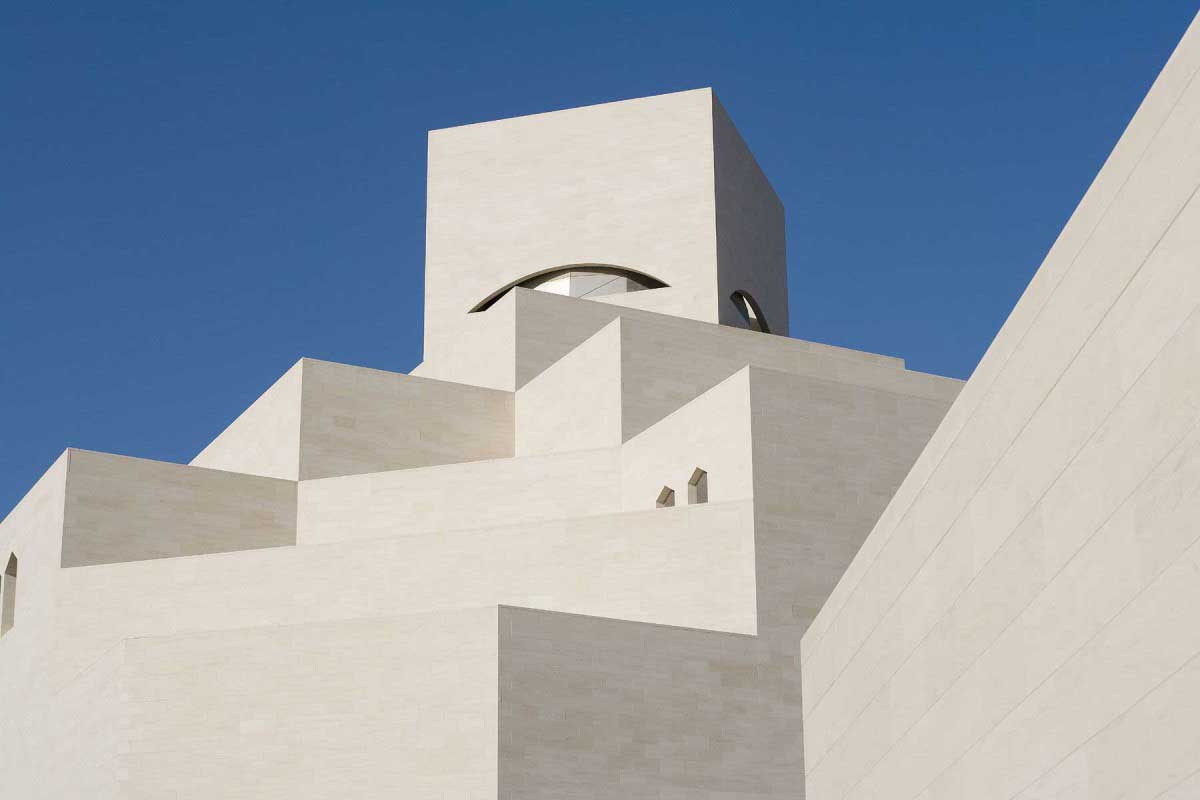
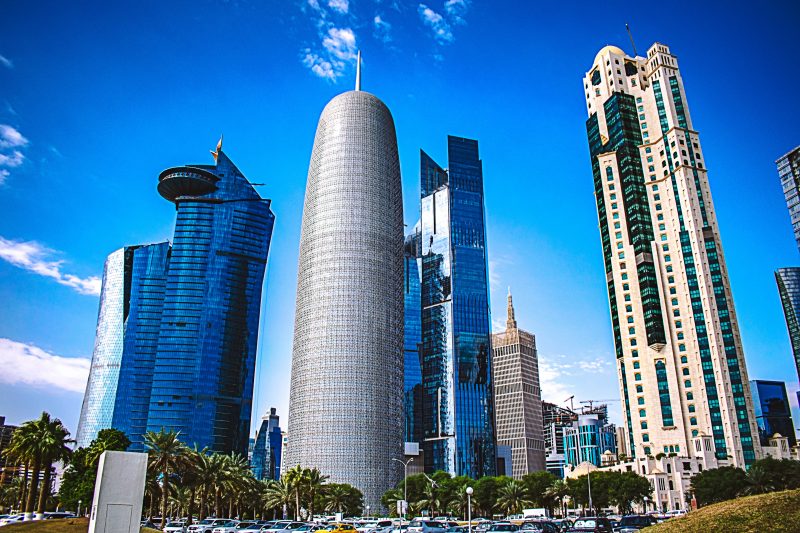
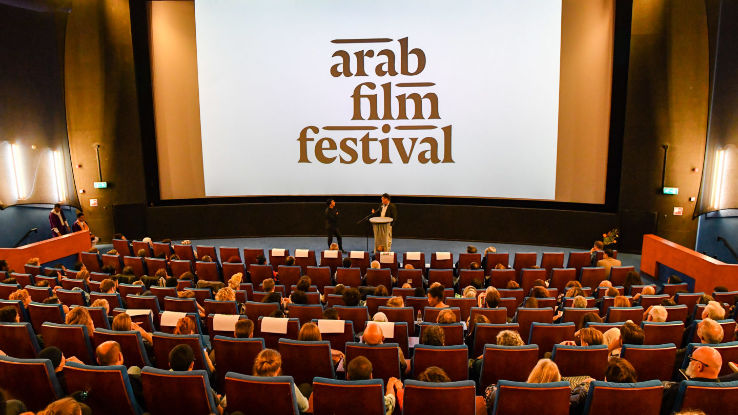







Leave a Reply